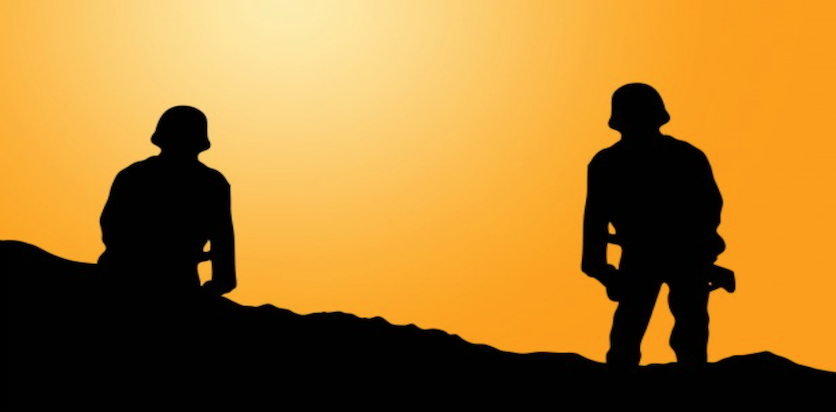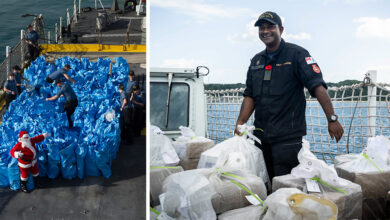Programs & Services
Panel on CAF Suicide Prevention and Mental Health Programs makes 11 recommendations
A panel of experts reviewing the Canadian Armed Forces’ (CAF) suicide prevention and mental health programs has advised the CAF to create a new position that would specifically focus on projects for suicide prevention across the CAF health system.
The new position, entitled the Canadian Forces Health System Suicide Prevention Quality Improvement Coordinator, would be responsible for developing a patient advisory committee, reviewing characteristics of suicides, developing a suicide attempt registry, determining needs for education among staff for suicide specific interventions, determining needs for education in primary care for recognition and treatment of depression, defining gaps in services, consulting with mental health clinicians working with high risk patients and developing post-suicide intervention for families and providers.
The recommendation is part of the 2016 Mental Health Expert Panel Report on Suicide Prevention in the Canadian Armed Forces. The expert panel was convened in Oct. 2016.
“I thank the Expert Panel for their thorough assessment and welcome their very thoughtful and helpful recommendations. We have accepted all of the recommendations, as they will enhance the high-quality mental health services and suicide prevention program supporting our Canadian Armed Forces,” said BGen. Colin MacKay, former Surgeon General.
As a result of three days of analysis and reviewing suicide in the CAF, the expert panel found that over the past ten years there have been an average of 16.6 suicides every year amongst CAF reserve and regular forces.
The panel also identified a number of factors associated with suicidal behavior including mental health problems, addictions, relationship issues and adverse childhood experiences.
Deployment in itself was not found to be a factor in suicidal behaviour. The report notes that exposure to deployment related traumatic events, like combat or witnessing atrocities, is associated “with a small but significant association with suicidal behaviour.”
The report also acknowledges that access and availability of mental health services for serving military personnel with suicidal behavior are greater compared to the Canadian civilian population.
All in all, 11 recommendations were made by the panel, all of which have been accepted and adopted by the CAF.
Besides the creation of a new suicide prevention position, the panel also recommended:
- conduct a systematic multi-disciplinary review of CAF member suicides over the last seven years;
- increase suicide risk assessment and safety planning training for primary care and specialty mental health care staff;
- conduct a needs assessment with regards to training in suicide-specific psychosocial interventions for people with a history of self-harm;
- consider implementing the Caring Contacts protocol after a mental health crisis;
- review best practices for screening for mental disorders and suicidal behaviour during recruitment, pre-deployment, and post-deployment;
- create a working group to develop optimal suicide prevention and well-being support strategies specifically for CAF members and Veterans who are in transition from military to civilian life;
- consider evidence-based treatments that allow for integrated, rather than sequential, treatment of addictions and mental health disorders;
- consider options for delivery of psychological and pharmacological interventions through novel delivery methods (internet, telephone, classroom) to improve accessibility for CAF members;
- engage patients and families in treatment and program planning; and
- encourage safe media reporting on suicides to Canadian reporters, editors, and journalists.
“The panel did an excellent job of identifying areas for improvement. The report is important as it helps us to shape and improve the already effective programs and services we offer to CAF members, moving forward,” said Col. Rakesh Jetly, Senior Psychiatrist.
Click here to read the full report.










